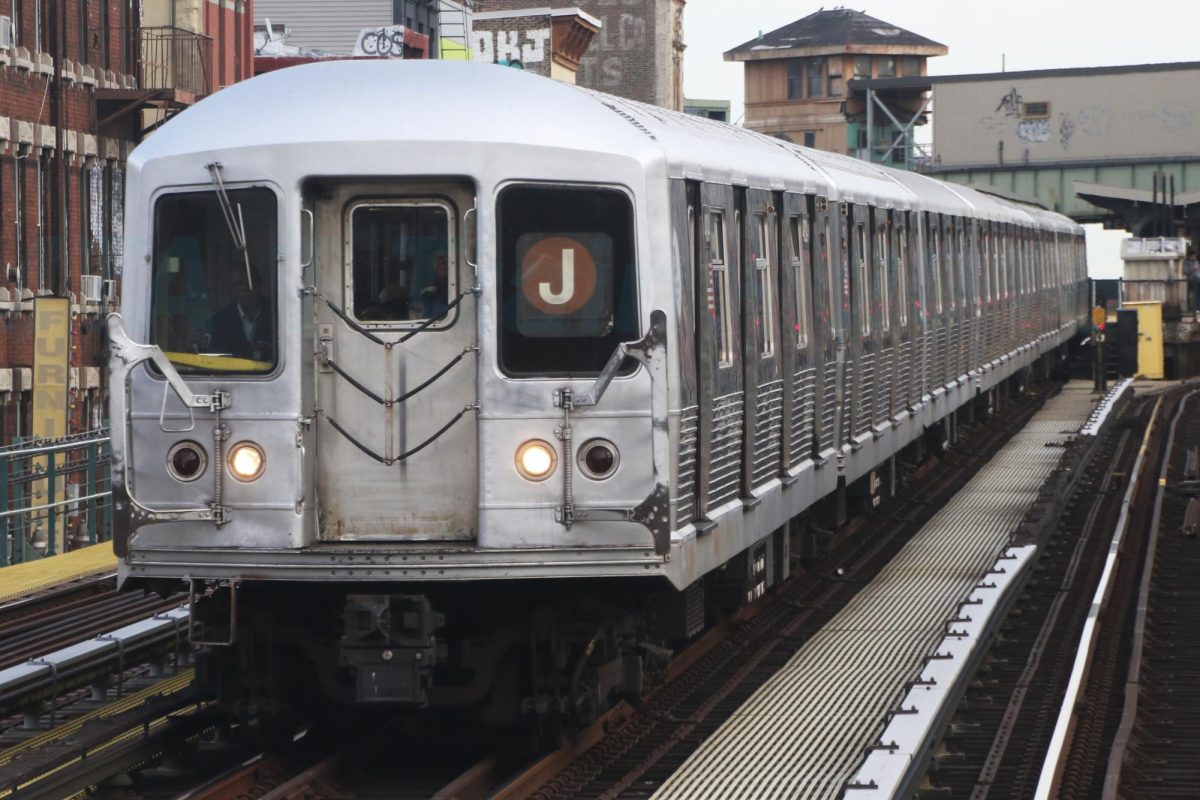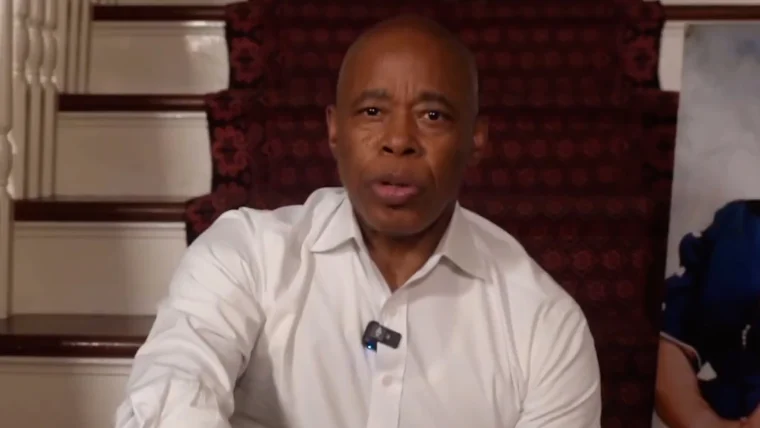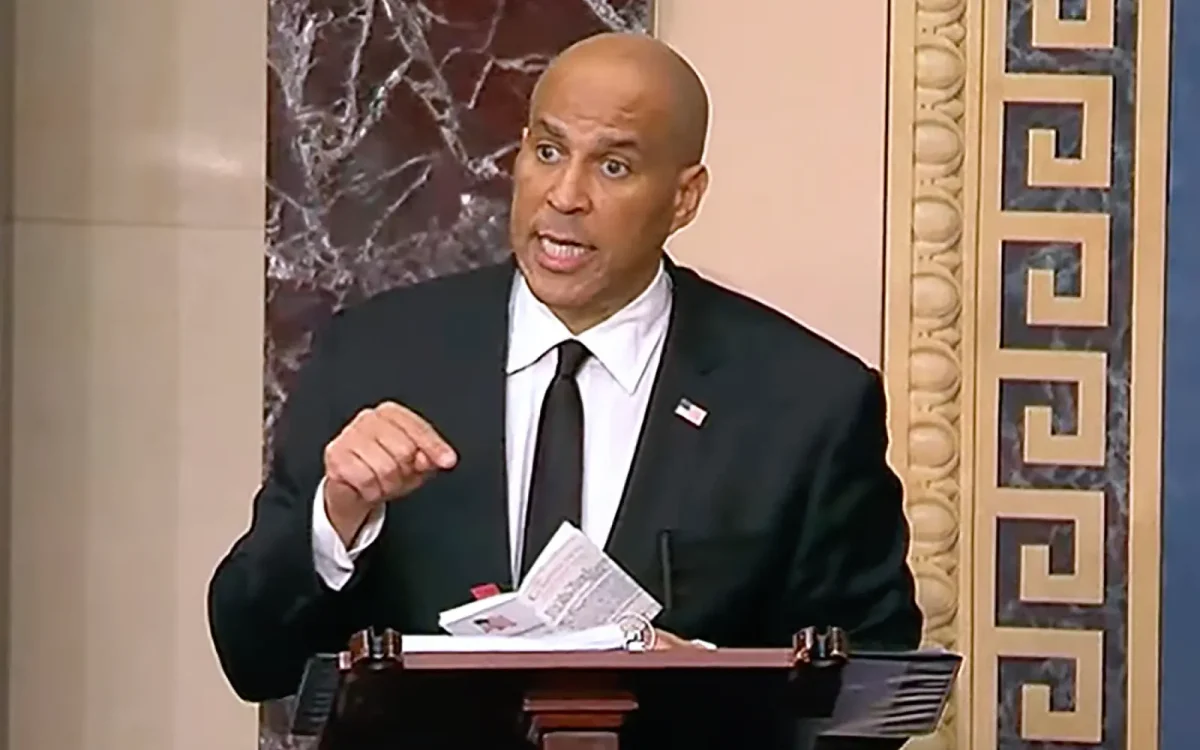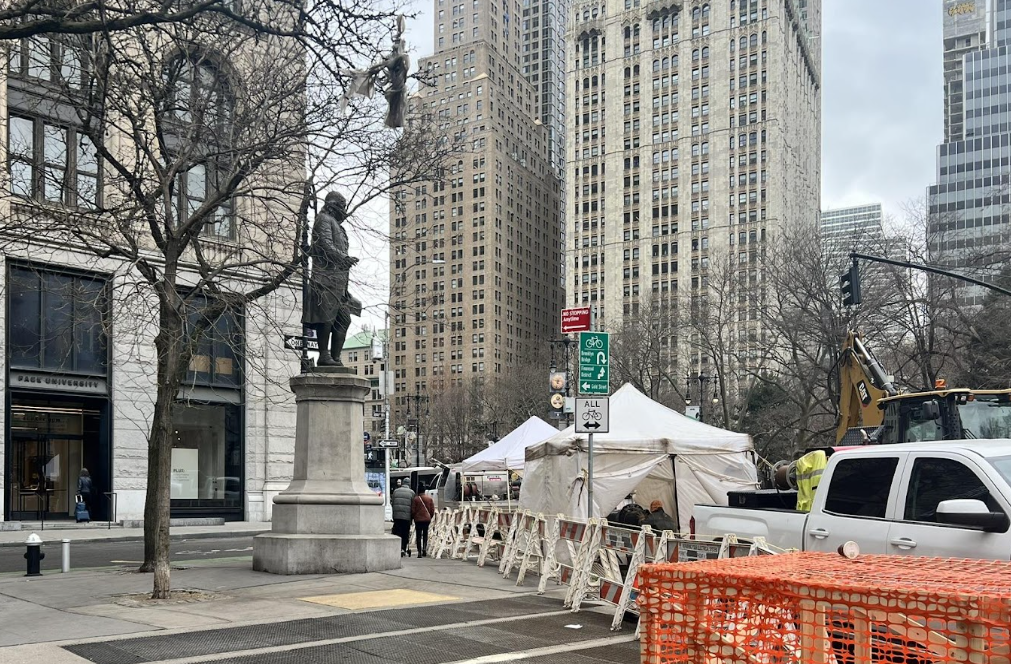On Thursday, Feb. 25, Dr. Melanye Price, PhD, gave a lecture in room 606 of the University, titled “Barack Obama and the Politics of Race”. The title is based on her forthcoming book, bearing a similar name- The Race Whisperer: Barack Obama and the Politics of Belonging, which is to be released in June by NYU.
Jessica Lavariega-Monforti, a political science professor at the University, gave opening remarks, introducing Price shortly thereafter.
Price began by explaining that the book’s origin is in 2013, noting that this was a sensitive period in President Obama’s presidency; due to the shooting of Trayvon Martin, the issue of race was in the midst of revival. She commented on his use of the common refrain, ‘It could have been me,’ to resonate with the audience. Such was only one of the components she mentioned were part of a “Good Obama Speech”-in addition to his ethos toward the audiences he addresses, Price noted that he makes use of history and acknowledges cultural pathologies in African-American society, and serves as a translator between different cultural backgrounds.
Subsequently, Price made note of the difference between racial appeals versus racist appeals. Racial appeals give the audience the idea that a candidate is similar to themselves, while racist appeals essentially undermine the credibility of persons of color. She pointed out that Republicans often make use the former tactic, illustrating this point with a Jesse Helms ad, “Hands”, and the infamous William Horton ad from 1988. The first ad criticizes affirmative action, assuring a presumably white man he did not receive a job because of an obligatory quota mandating jobs go to persons of color. “All that in thirty seconds,” Price remarked, in awe. The second ad criticizes the furlough program, using the case of William Horton. Horton was granted furlough but never returned-he committed subsequent crimes and was sentenced to life imprisonment without parole. Price noted the ad referred to him as “Willie,” though he went by William.
Price subsequently critiqued other aspects of Obama’s presidency, discussing his infrequent mentions of race. She discussed the Henry Louis Gates incident, among others, while noting that 76 unarmed people of color were killed by the police from 1999-2014-67% happened during Obama’s presidency. She detailed that he doesn’t go to Ferguson because race is a sensitive topic-when he speaks of race, people tend to overlook all other aspects of his speech.
Price declared that actions, not intentions, were her focus. She strictly paid heed to how he reacted to critical moments in his presidency, not the meanings behind them. Beyond this, she mentioned the generational divide between people of color, the reasons for such, and the importance of political correctness, saying that it is “the only kind of correctness with a negative connotation.” She explained that there are boundaries in every community, and urged, “In your public life, do no harm.”
The event segued into a Q&A session, including Price’s narrative of her own experiences.
University students and faculty alike reaped an abundance of insight from Price’s visit.

















